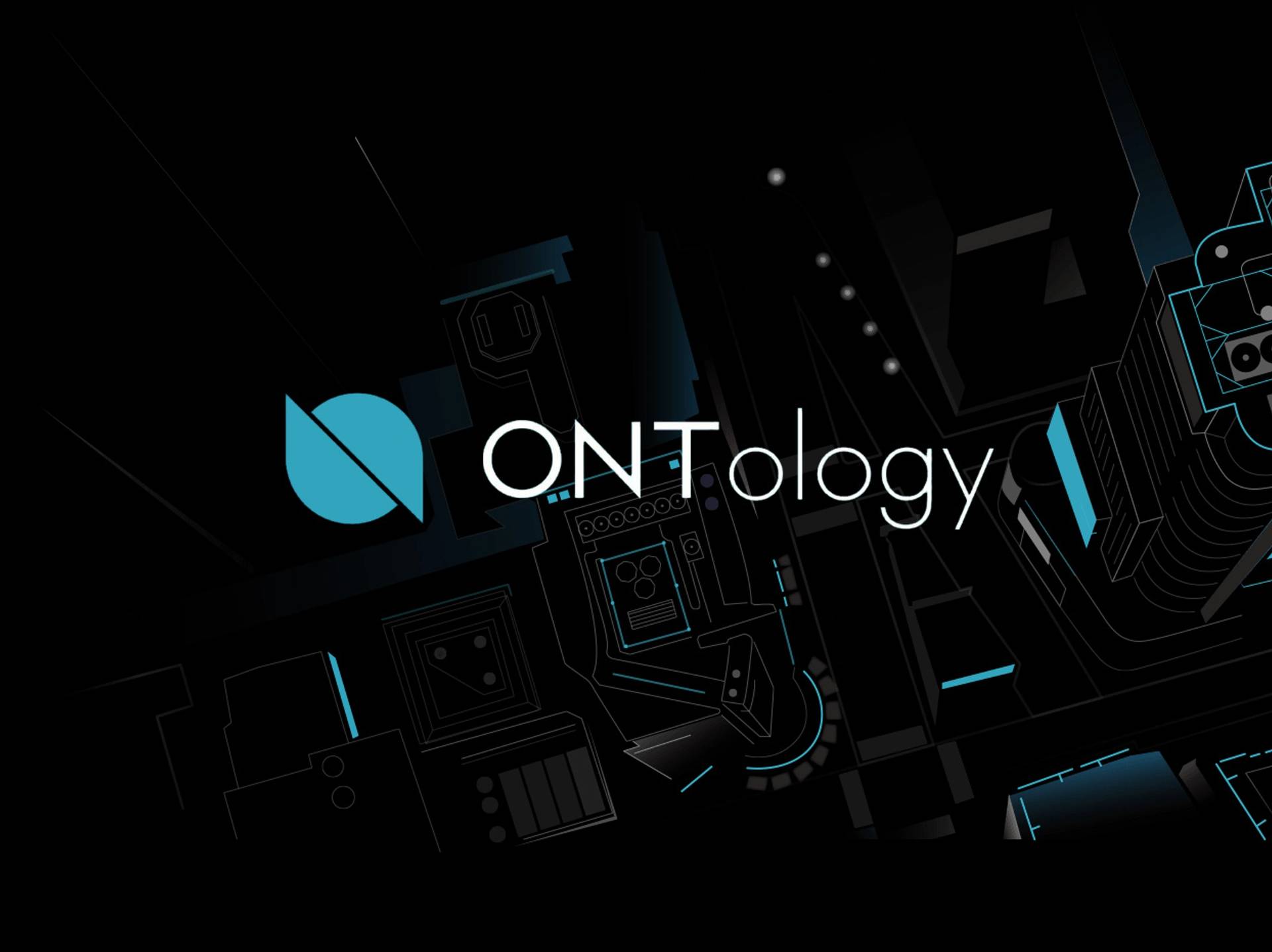위키 구독하기
Share wiki
Bookmark
Ontology
0%
Ontology
온톨로지는 고성능 퍼블릭 블록체인 및 분산 협업 플랫폼입니다. 온톨로지는 ID 보안 및 데이터 무결성의 핵심 문제를 해결하는 분산 네트워크 환경을 지원합니다. 사용자가 서로를 신뢰할 수 있도록 보장함으로써 데이터 공유 및 생산적인 협업이 극대화됩니다.
온톨로지(2017년 설립)는 자율 주권 ID 및 데이터를 위한 블록체인입니다. 그들은 다양한 분산 원장 및 스마트 계약 시스템을 통해 분산 ID 및 데이터를 전문으로 하는 고성능 퍼블릭 블록체인을 제공합니다.[1][2]
개요
온톨로지는 다양한 체인과 기존 정보 시스템 간의 매핑을 허용하기 위해 온톨로지 프로토콜을 사용하는 다양한 산업 및 지역으로 구성된 멀티 체인 및 멀티 시스템 프레임워크입니다. 온톨로지는 블록체인 간의 연결인 온톨로지 체인 그룹 또는 온톨로지 체인 네트워크라고도 합니다.
온톨로지 블록체인 플랫폼은 다양한 애플리케이션을 위해 다양한 퍼블릭 블록체인을 사용자 정의할 수 있으며 퍼블릭 블록체인 시스템을 지원합니다. 온톨로지는 수많은 프로토콜 그룹을 통해 체인 네트워크 간의 협업을 촉진합니다.
그들은 분산 디지털 ID 시스템, 분산 데이터 교환 프로토콜 등과 같은 다양한 분산 시나리오를 위한 공통 모듈을 기본 인프라에서 제공합니다. 온톨로지는 특정 시나리오 요구 사항을 기반으로 새로운 인기 모듈을 만듭니다.[3][4]
온톨로지 역사
온톨로지는 2017년 Onchain이라는 중국 회사에서 출시되었습니다. 블록체인 네트워크의 완전한 이점을 활용하기 위해 만들어졌습니다. 분산 시스템을 만드는 데 중점을 둔 최초의 암호화폐와 달리 3세대 암호화폐 중 하나인 온톨로지는 주로 블록체인 시스템의 상호 작용을 향상시키는 데 중점을 둡니다. 2세대 암호화폐는 1세대의 결함을 수정하는 데 중점을 두었습니다.
온톨로지는 Da Hangfei와 Erik Zhang에 의해 만들어졌습니다. 두 전문가는 정부가 블록체인 시스템의 장점을 볼 수 있도록 돕는 데 집중했습니다. Erick Zhang은 이전에 2005년에 설립된 Orca Digital Inclusive에서 근무했습니다. 이로 인해 두 전문가 모두 암호화폐 세계에 대한 통찰력을 얻었으므로 통화 투자자는 암호화폐의 미래에 더 많은 믿음을 갖게 되었습니다.
온톨로지 코인은 원래 NEO 블록체인의 NEP-5 토큰(NEP-5는 NEO 토큰의 한 유형)으로 시작되었습니다. 그러나 2018년 6월 30일 온톨로지 메인넷이 출시되었고 NEP-5 ONT는 기본 메인넷 ONT로 교환되었습니다.
온톨로지 프로젝트의 배후에 있는 회사인 Onchain은 실제로 NEO의 배후에 있는 회사와 동일하며 빠르게 더 잘 알려진 블록체인 관련 프로젝트 중 하나가 되었습니다. 한때 NEO는 중국에 뿌리를 두고 이더리움과 같은 스마트 계약 플랫폼을 구축하는 데 중점을 두어 암호화폐 커뮤니티에서 정기적으로 "중국 이더리움"이라고 불렸습니다.
흥미롭게도 온톨로지는 ICO 또는 초기 코인 제공이 없었습니다. 이는 블록체인 프로젝트가 프로젝트 자금을 조달하기 위해 대중에게 토큰을 판매하는 경우입니다. 온톨로지는 개인 판매(개인 투자자에게 토큰 판매)를 했습니다.
ONT의 공개 판매 대신 온톨로지 팀은 NEO 보유자 및 이메일 목록에 가입한 사람들에게 ONT를 에어드롭(무료 배포)했습니다.[5]
ONT ID
ONT ID는 블록체인 및 암호화 기술을 사용하여 사람, 데이터 및 서비스를 연결하는 분산 식별 프로토콜을 기반으로 하는 프레임워크입니다.
ONT ID는 사용자 개인 정보를 보호하고 데이터 보안을 보장하여 신뢰할 수 있는 협업을 가능하게 합니다.
- 자신의 데이터와 ID를 관리할 수 있습니다.
- 블록체인 기술은 데이터 신뢰성을 향상시키는 데 도움이 됩니다.
- 블록체인 기반 보안 및 암호화 알고리즘으로 데이터 개인 정보 보호 및 보안을 보호합니다.
- 신뢰 앵커를 연결하여 신뢰 협업 네트워크를 구축합니다.
타사와 ID를 공유할 때 모든 자격 증명을 제공할 필요가 없습니다. 공증된 문서에 대한 공증인 서명과 유사한 ID 증명만 제공하면 됩니다. 그러나 이 경우 문서가 아닌 "서명"만 제공합니다.
증명 또는 확인은 ONT 토큰에 대한 대가로 ONT ID 사용자에게 자격 증명 확인 서비스를 제공하는 온톨로지 신뢰 앵커에서 제공합니다.
이 증명 시스템은 위조될 수 있는 서명과 달리 고도로 정교한 암호화 프로토콜 덕분에 안전하고 변조되지 않습니다.
이것은 여권과 같은 민감한 문서를 처리할 필요 없이 디지털 시대에 새로운 사용자를 빠르고 안전하게 확인할 수 있는 ONT ID를 사용할 수 있는 애플리케이션 및 개발자에게 매우 중요합니다.[6]
설립자
Da Hongfei는 2014년 Erick Zhang과 함께 블록체인 기반 "스마트 경제" 네트워크 Neo를 공동 설립한 것으로 가장 잘 알려져 있습니다. Da는 화남 공과 대학에서 기술 및 영어 학위를 받았습니다. Da는 2013년까지 컨설팅 회사에서 근무했으며 그 후 Neo를 설립하기 전에 코딩 방법을 배웠습니다. Zhang과 함께 Da는 개인 회사에 서비스를 제공하는 상업용 블록체인 회사인 OnChain도 설립했습니다.
Jun Li는 컴퓨터 과학 학사, 통신 공학 석사, MBA 및 PMP를 포함한 풍부한 학문적 배경을 가지고 있습니다. 그는 IT 및 핀테크 분야에서 16년의 경력을 가진 선임 블록체인 설계자이자 블록체인 솔루션 전문가입니다. Li는 이전에 최고의 국제 IT 회사 및 주요 중국 금융 거래소에 대한 기술 아키텍처, 관리 및 계획 지원을 제공했습니다. 그는 많은 주요 시스템의 아키텍처 설계 및 기술 관리에 참여했으며 처음부터 여러 기술 팀과 시스템을 구축했습니다. Li는 또한 금융 산업에 대한 깊은 지식을 가지고 있으며 내부 관리 및 외부 커뮤니케이션에 능숙합니다.
온톨로지 토큰 경제
온톨로지는 체인 네트워크의 거버넌스 프레임워크를 수용하기 위해 이중 토큰(ONT 및 ONG) 모델을 사용합니다.
잘못된 내용이 있나요?
